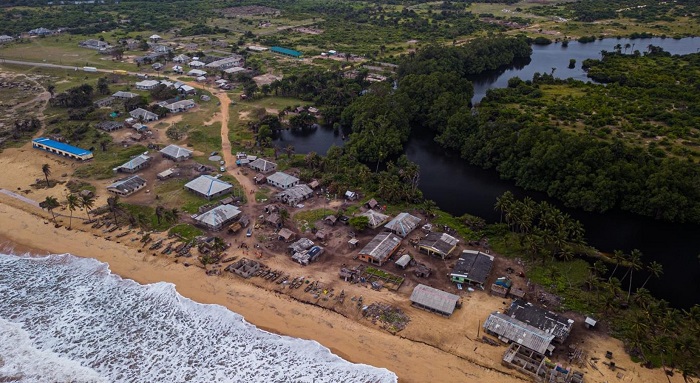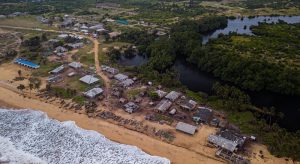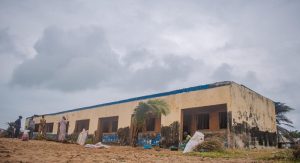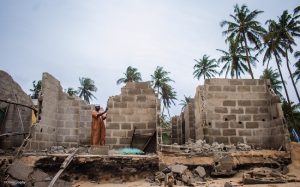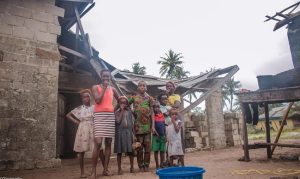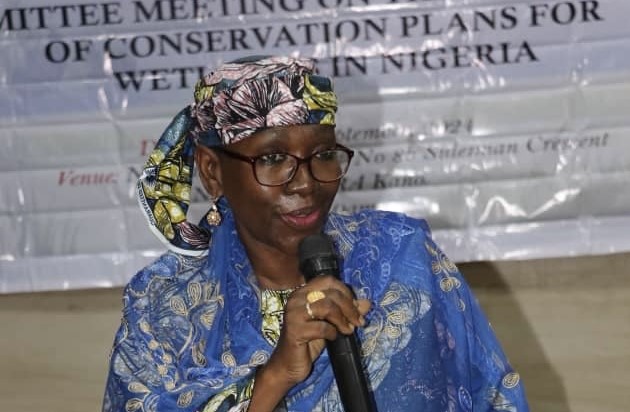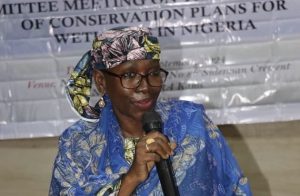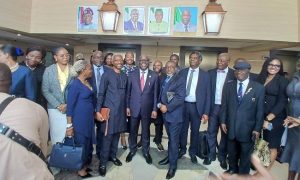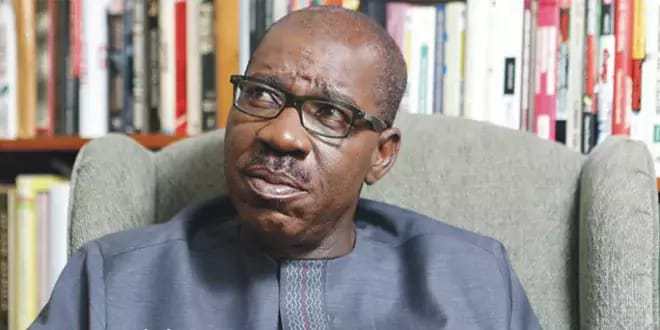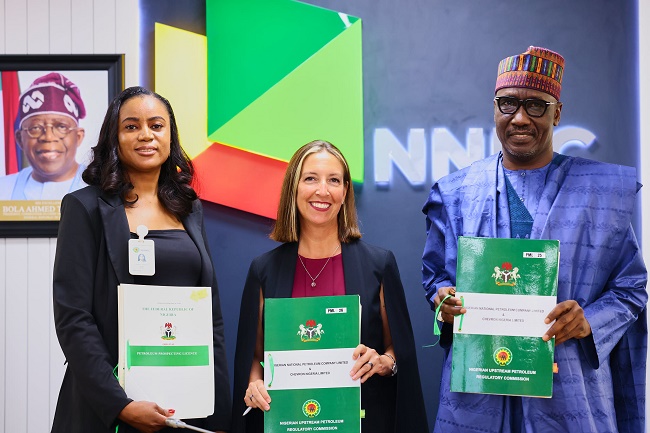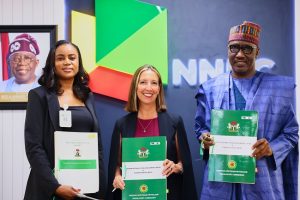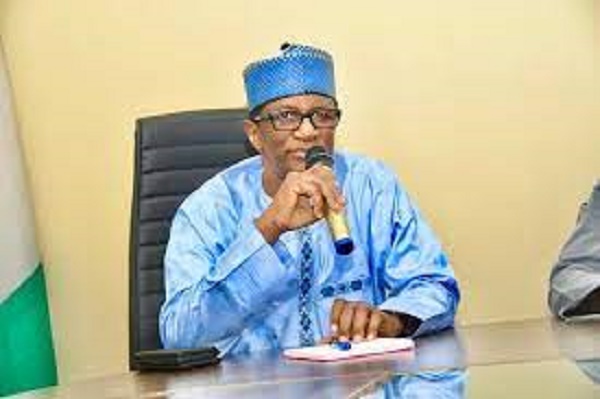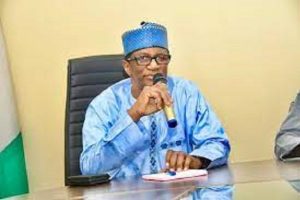The first-ever Reverse Vending Machine (RVM), an automated device made entirely in Nigeria that collects, counts, and rewards consumers for their used plastic bottles and beverage cans, was launched in Abuja on Saturday, September 7, 2024, by Ecobarter, a social enterprise company that specialises in waste collection and recycling.
In this interview with Etta Michael Bisong, the organisation’s founder and CEO, Rita Idehai, offers additional details about the event’s significance, the RVM, its challenges and solutions, as well as her recommendations for the general public on how to deal with the issue of plastic pollution across the country.

Significance of the event
What is possible and can come out of Nigeria and Africa? I think that is the biggest thing for me. Because the RVM, to me, as I always say, is not a new invention; it is everywhere in Europe, but there are challenges on why it has not come here. “So, small girl, building this and then putting it on the continent is huge, and that is the most significant thing for today.”
Of course, I have my feelings of pride for what I have accomplished, but allowing others to also share in that experience for something that is desperately needed in Nigeria is even a source of more joy for me.
Its contributions towards solving the issue of plastic waste in Nigeria
Plastic waste is something that everybody is already aware of. We see it every day as our drainages and gutters clog.
One of the challenges we have had as people who are leading recycling collections in Nigeria is access. People do not have access to recyclers and recycling facilities. So, this machine being here today and with the possibility of it being deployed across Nigeria and African cities is an opportunity for more people to bring and recycle their waste. It is something that you get an incentive for very easily. You can print a receipt, add money to your wallet, withdraw money to your bank, and buy stuff from it.
So, people having the facility to easily just cash out on their waste is good and will mob up a lot of plastics from the environment. This is a random place, and you see people coming here and asking us what we are doing. We explained to them, and they said, “You should have told us; we would have come with our plastics.”
People are excited about it, and it would take up plastics from our society.
Government and stakeholders’ role to ensure its spread across the country
Funds and enabling environment. Again, this is something that we just started in a very small place, literally in front of my house. We are looking at building a proper standard manufacturing facility so that we can do more volumes. And, to do a facility, you need funding.
Then, we are also looking for policies that even more or less mandate people to recycle. I think across all of these things that I have mentioned, you will see the place for development partners or government establishments. We will need partnerships with government bodies like the National Orientation Agency (NOA) to educate people about this machine and waste problem.
These are some of the things that we need and ways we think the government can come in.
Advice to the public
This is the first of its type here, and it is a thing of pride for us, and we hope it is a thing of pride for them as well. But, beyond that, we want it to bring out some action in them, to see the value in their waste. Hence, there is no reason again for anyone to trash their plastic bottles or beverage cans.
“There is a stylish way for them to recycle and get money, and this is it.” And, by the grace of God, this is going to be everywhere so that you don’t have to walk or travel long distances to be able to access one.


